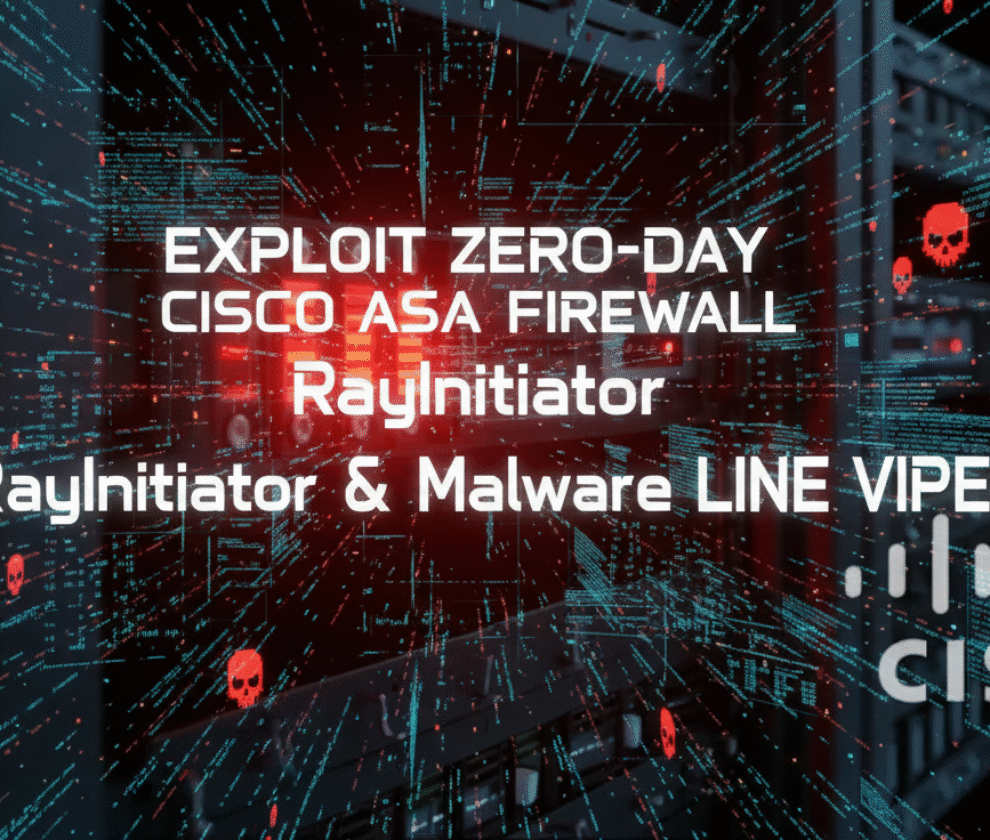In October 2025, the Qilin ransomware group launched a devastating wave of cyberattacks, claiming to have compromised 54 organizations across various industries worldwide. This event has sent shockwaves through sectors such as healthcare, education, manufacturing, and even local governments, highlighting critical vulnerabilities. In this article, we delve into the impact of these attacks and provide actionable steps to fortify your cybersecurity defenses.
An Overview of the Recent Attacks
The Qilin group has swiftly gained notoriety for their aggressive tactics. Their methods include publishing stolen data on darknet leak sites, placing immense pressure on victims. Key targets of these attacks include Volkswagen Group France, Massachusetts Bay Community College, and Taiwan’s Tong Yang Group. The selection of victims, ranging from local small businesses to global corporations, underscores the group’s ability to customize their attack strategies and exploit vulnerabilities unique to each target.
What is Qilin Ransomware?
Qilin ransomware is a sophisticated strain of malware designed to encrypt victims’ files, rendering them inaccessible until a ransom is paid. By exploiting poorly secured systems, this ransomware effectively locks businesses out of their own data. The use of advanced encryption techniques not only makes recovery challenging without payment but also highlights the necessity for proactive and robust cybersecurity measures.
Industries Most Affected
Among the most heavily impacted sectors are healthcare, education, and local government—industries that often lack comprehensive security measures. Prominent examples include UT Health Austin, the Massachusetts Bay Community College, and Catawba County Government. These sectors hold sensitive data, and their compromise can lead to widespread disruption and vulnerabilities, creating ripple effects that extend to the general public.
Healthcare Sector
Healthcare organizations, handling sensitive patient information, often become prime targets. The impact of ransomware in this sector can halt critical operations, delay treatments, and erode patient trust.
Education Sector
Educational institutions such as Massachusetts Bay Community College, which are often financially constrained, find it harder to recover. Disruptions in education not only affect operations but also hinder students’ access to essential resources.
Local Governments
Local governments, like Catawba County, manage critical community services. An attack can lead to service delays, potential exposure of citizen data, and loss of public confidence.
Consequences of the Attacks
The ramifications of these attacks go beyond encrypted systems. Businesses face operational downtimes, financial loss, reputational damage, and in extreme cases, permanent closure. For instance, Clifford Paper and JW Howard Attorneys have incurred significant costs to repair damages and rebuild public trust. The crises experienced by these companies emphasize the need for regular data backups and well-constructed incident response plans.
“The global average cost of a ransomware attack in 2023 was $4.54 million.” — IBM Cost of a Data Breach Report 2023
How to Strengthen Your Cybersecurity
To protect your organization from ransomware attacks, consider implementing the following measures:
- Regular Updates: Keep your systems and software updated to patch known vulnerabilities.
- Data Backups: Perform frequent and secure backups to recover data in case of an attack.
- Employee Training: Educate your staff on identifying phishing attempts and adhering to cybersecurity best practices.
- Threat Monitoring: Deploy a dedicated team or utilize advanced systems to monitor and respond to potential threats.
Adopting these strategies, alongside a commitment to continuous improvement, can significantly reduce the risk of falling victim to ransomware.
Conclusion
The Qilin ransomware attacks serve as a stark reminder of our interconnected vulnerabilities in an increasingly digital world. It’s no longer viable for organizations to view cybersecurity as an afterthought. Proactively building resilient defenses is essential to staying ahead of malicious actors. At Lynx Intel, we specialize in providing strategic, customized solutions to fortify your digital ecosystems. Together, we can not only safeguard your organization but also mitigate the impact of potential threats. The stakes are high, but with the right approach, you can turn cybersecurity into a competitive advantage.


